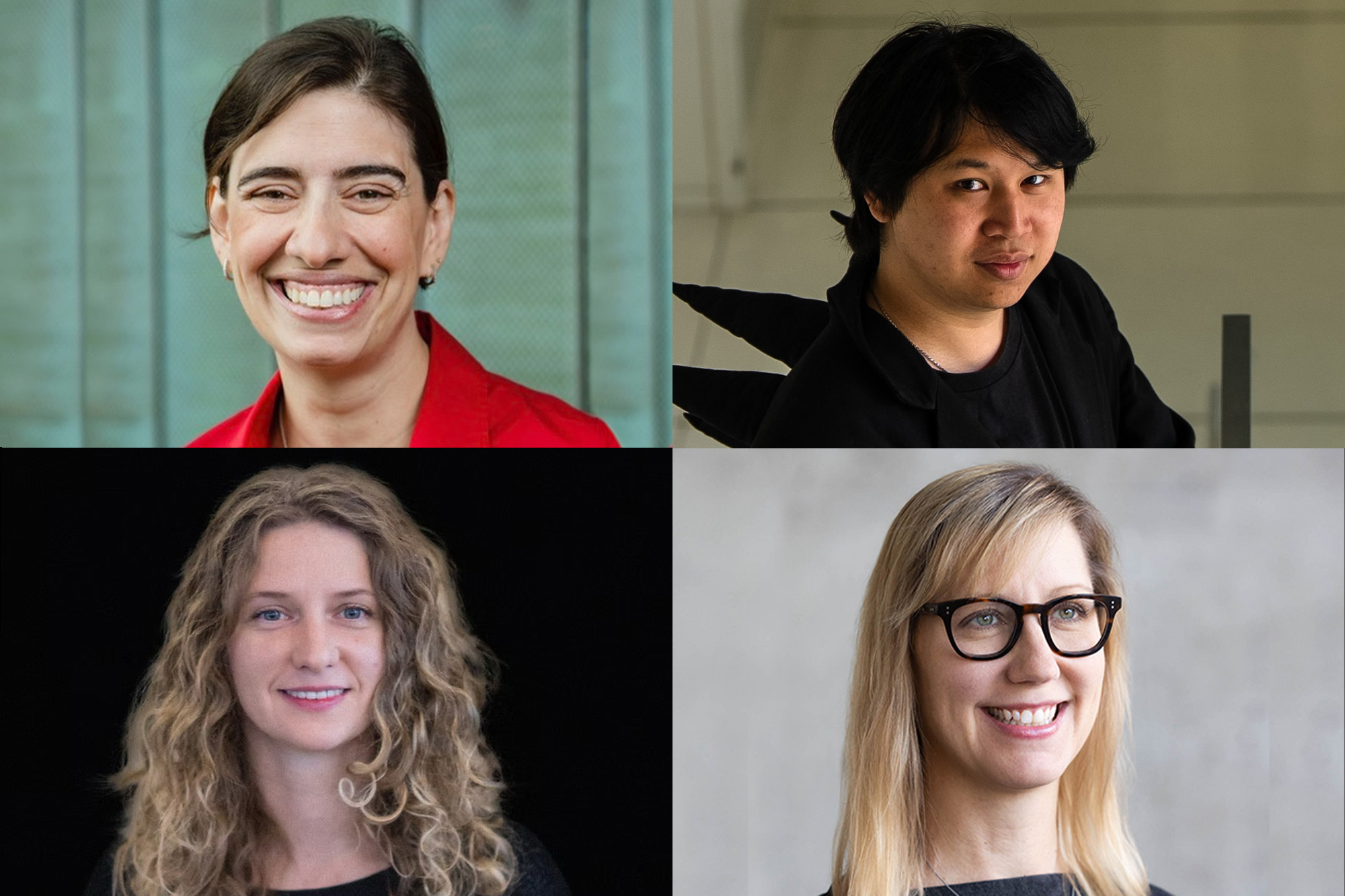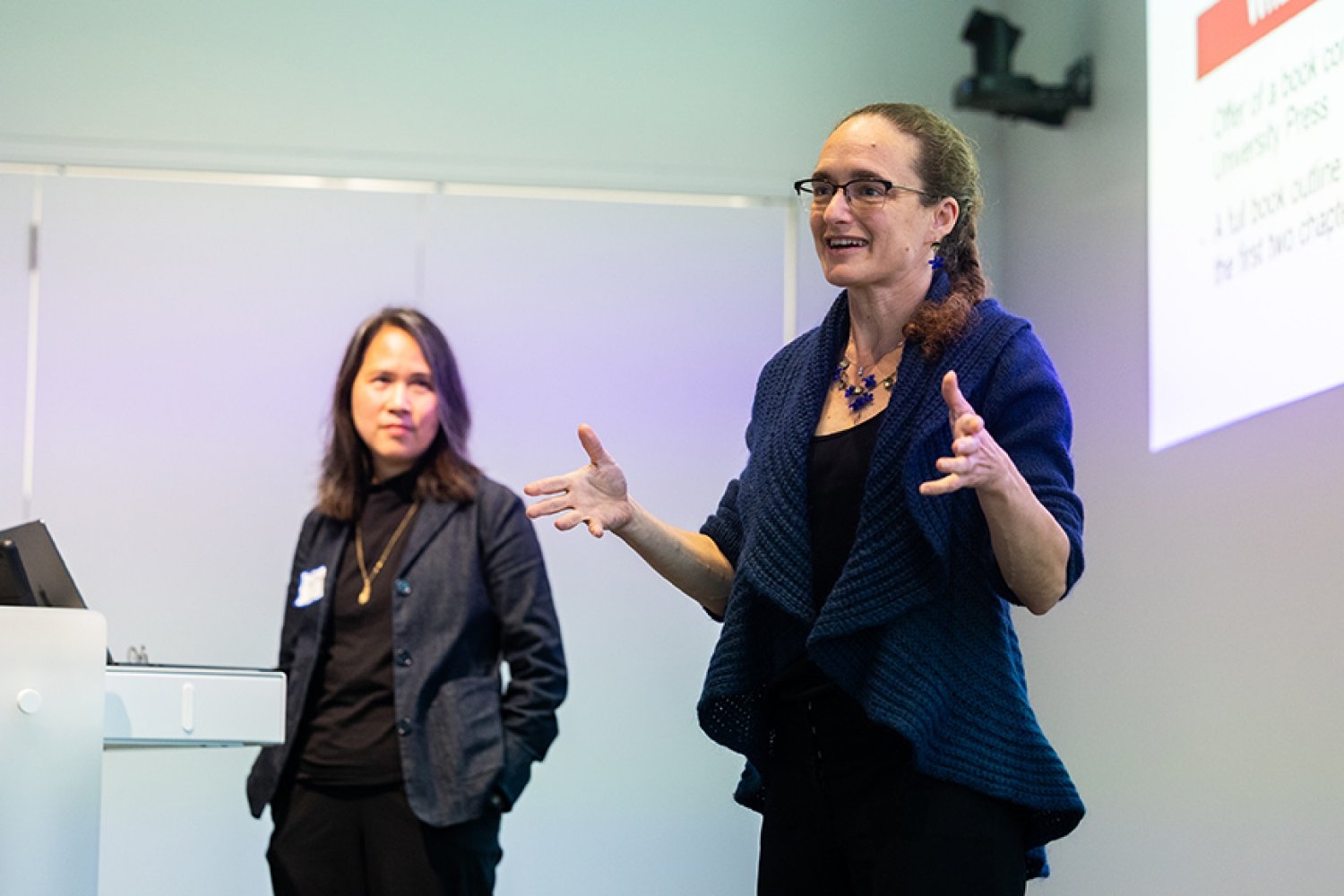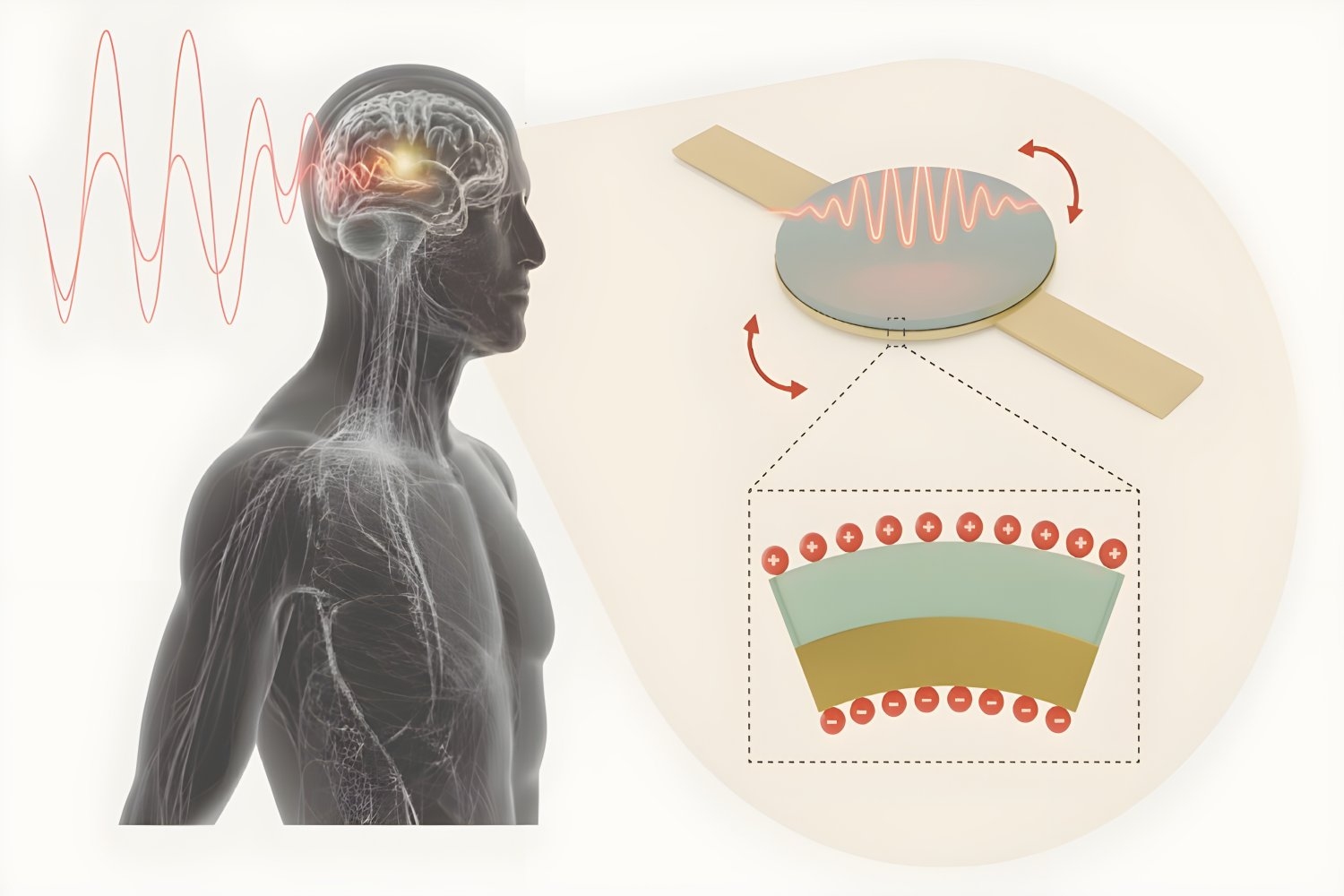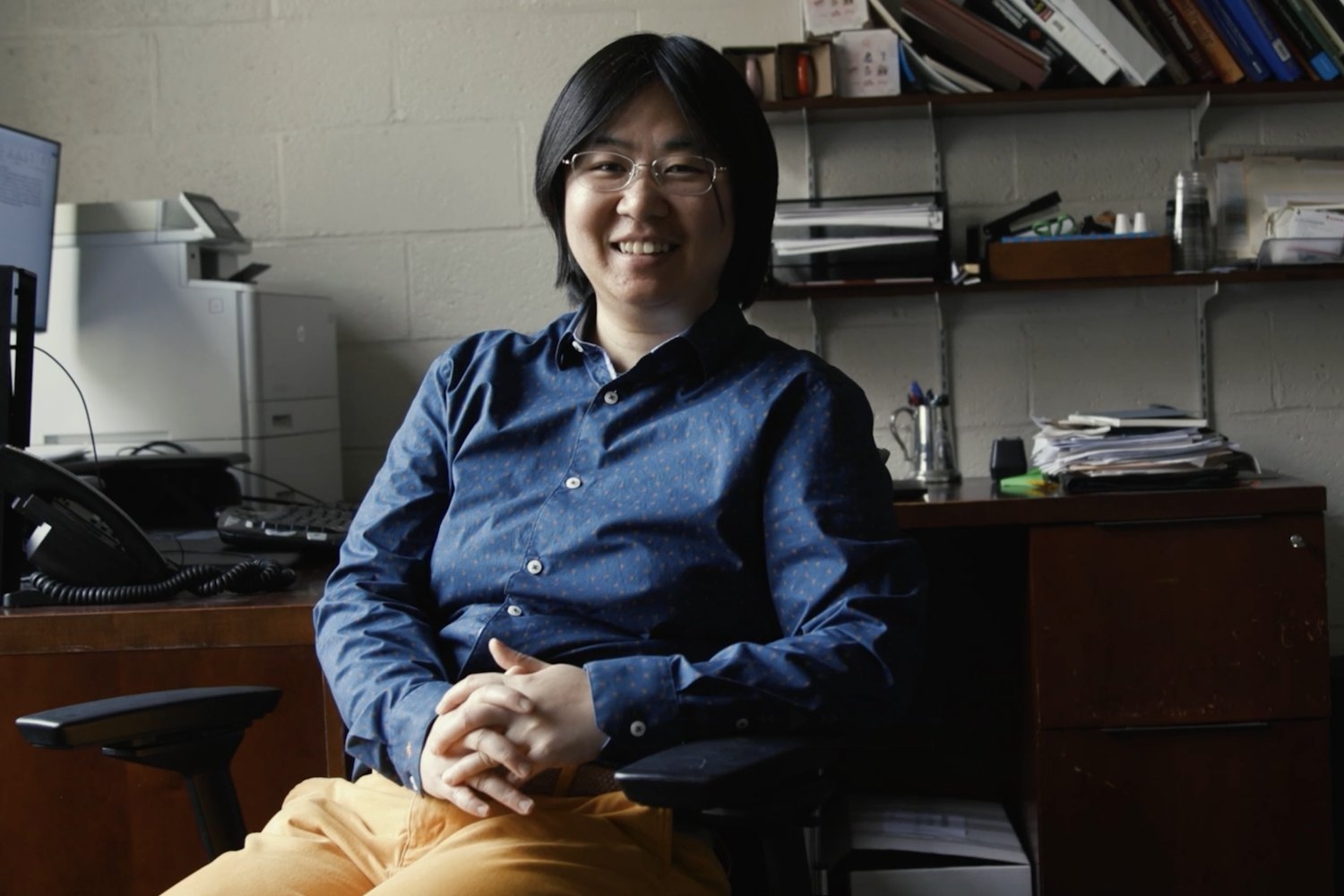School of Architecture and Planning welcomes new faculty for 2025
Four new faculty members join the School of Architecture and Planning (SA+P) this fall, offering the MIT community creativity, knowledge, and scholarship in multidisciplinary roles.
“These individuals add considerable strength and depth to our faculty,” says Hashim Sarkis, dean of the School of Architecture and Planning. “We are excited for the academic vigor they bring to research and teaching.”
Karrie G. Karahalios ’94, MEng ’95, SM ’97, PhD ’04 joins the MIT Media Lab as a full professor of media arts and sciences. Karahalios is a pioneer in the exploration of social media and of how people communicate in environments that are increasingly mediated by algorithms that, as she has written, “shape the world around us.” Her work combines computing, systems, artificial intelligence, anthropology, sociology, psychology, game theory, design, and infrastructure studies. Karahalios’ work has received numerous honors including the National Science Foundation CAREER Award, Alfred P. Sloan Research Fellowship, SIGMOD Best Paper Award, and recognition as an ACM Distinguished Member.
Pat Pataranutaporn SM ’20, PhD ’24 joins the MIT Media Lab as an assistant professor of media arts and sciences. A visionary technologist, scientist, and designer, Pataranutaporn explores the frontier of human-AI interaction, inventing and investigating AI systems that support human thriving. His research focuses on how personalized AI systems can amplify human cognition, from learning and decision-making to self-development, reflection, and well-being. Pataranutaporn will co-direct the Advancing Humans with AI Program.
Mariana Popescu joins the Department of Architecture as an assistant professor with a shared appointment in the MIT Schwarzman College of Computing in the Department of Electrical Engineering and Computer Science. Popescu is a computational architect and structural designer with a strong interest and experience in innovative ways of approaching the fabrication process and use of materials in construction. Her area of expertise is computational and parametric design, with a focus on digital fabrication and sustainable design. Her extensive involvement in projects related to promoting sustainability has led to a multilateral development of skills, which combine the fields of architecture, engineering, computational design, and digital fabrication. Popescu earned her doctorate at ETH Zurich. She was named a “Pioneer” on the MIT Technology Review global list of “35 innovators under 35” in 2019.
Holly Samuelson joins the Department of Architecture as an associate professor in the Building Technology Program at MIT, teaching architectural technology courses. Her teaching and research focus on issues of building design that impact human and environmental health. Her current projects harness advanced building simulation to investigate issues of greenhouse gas emissions, heat vulnerability, and indoor environmental quality while considering the future of buildings in a changing electricity grid. Samuelson has co-authored over 40 peer-reviewed papers, winning a best paper award from the journal Energy and Building. As a recognized expert in architectural technology, she has been featured in news outlets including The Washington Post, The Boston Globe, the BBC, and The Wall Street Journal. Samuelson earned her doctor of design from Harvard University Graduate School of Design.
Latest MIT Latest News
- Q&A: How MITHIC is fostering a culture of collaboration at MITA presidential initiative, the MIT Human Insight Collaborative is supporting new interdisciplinary initiatives and projects across the Institute.
- Battery-powered appliances make it easy to switch from gas to electricFounded by Sam Calisch SM ’14, PhD ’19, Copper offers electric kitchen ranges that plug into standard wall outlets, with no electrical upgrades required.
- Study reveals the role of geography in the opioid crisisThe findings point to state policies involving the presence of “pill mills” as influences on addiction over time.
- Injectable antenna could safely power deep-tissue medical implantsThe technology would allow battery-free, minimally invasive, scalable bioelectronic implants such as pacemakers, neuromodulators, and body process monitors.
- Burning things to make thingsSili Deng, the Doherty Chair in Ocean Utilization and associate professor of mechanical engineering at MIT, is driving research into sustainable and efficient combustion technologies.
- Study: Identifying kids who need help learning to read isn’t as easy as A, B, CWhile most states mandate screenings to guide early interventions for children struggling with reading, many teachers feel underprepared to administer and interpret them.













